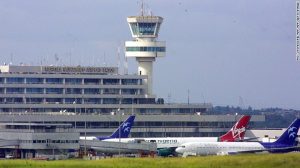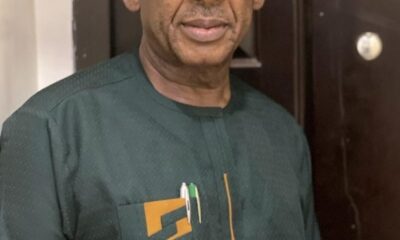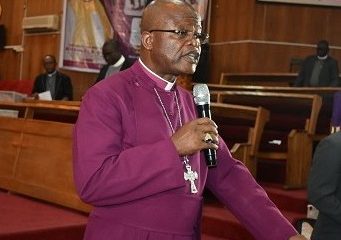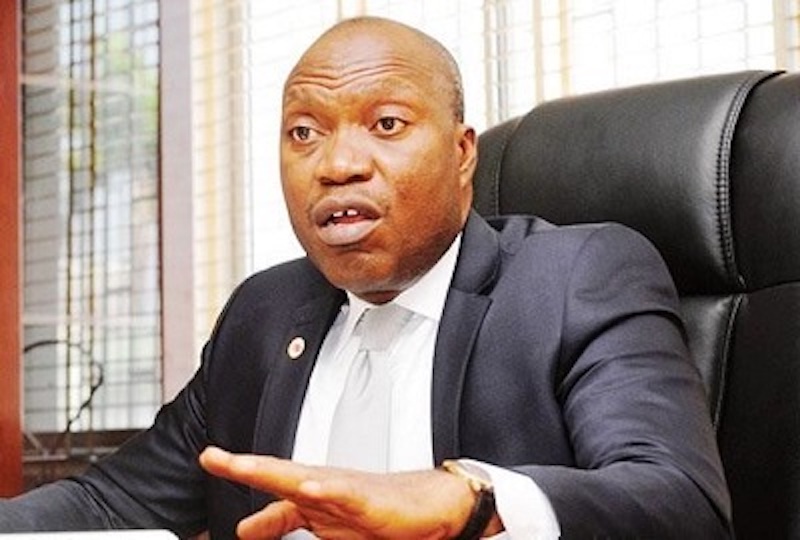By Ambrose Nnaji
In view of the crisis being imposed by the Covid-19 pandemic, the Economic Recovery Team (ERT) has been advised to provide stimulus/incentives to the most affected sectors of the nation’s economy when it’s going to plan its course of economic activities by way of granting them interest free loans so that they can resume business operations and re-employ their staff.
Managing Director/CEO, Cowry Asset Management Limited, Mr. Johnson Chukwu said there are several phases of interventions the economic group needed to do. According to him, the group must first of all put measures to cushion the impacts/effects of the crisis on citizens by providing some palliatives especially to the most vulnerable and then to support companies that were badly affected to resume economic activities.

Giving out money as palliative
The economic recovery team will have to approach it from different perspectives. The immediate phase is to provide palliatives to families to survive the period of crisis and to provide some level of soft loans/grants to the most affected businesses so that they can resume business operations. Again, to drive towards diversifying the nation’s economy so that subsequently we do not have to suffer so much because the price of one particular product has been badly affected, Chukwu stated.
Speaking with the Nation Update on telephone, the CEO pointed out that the aviation industry would suffer the greatest exploit as a result of the period of Covid-19 crisis. “Of course we know that flights are not operating and of course whether they run or not they have to run costs including parking charges.
 “And many of the airlines that lease their fleets have to pay throughout this period of low activities and still have to maintain their workforce and even when they have to resume they still have to carry out some maintenance checks on their aircrafts to ensure that they still remain airworthy”, so the aviation industry seems to be the one that will suffer the greatest feat, chukwu added.
“And many of the airlines that lease their fleets have to pay throughout this period of low activities and still have to maintain their workforce and even when they have to resume they still have to carry out some maintenance checks on their aircrafts to ensure that they still remain airworthy”, so the aviation industry seems to be the one that will suffer the greatest feat, chukwu added.
Again, the hospitality industry including the hotels will be another loser. Because people are no longer travelling as to stay in the hotels, some of them have to shut down completely. The Nigerian hotels even if they didn’t close down completely had minimal guests. He also added that the road transporters would suffer significant loses as well because right now there’s no interstate transportation going on at the moment.
On the effect of the crisis on the oil and gas sector, Chukwu said that the crude price which is around $20 per barrel was a direct impact on oil and gas sector adding that there’s massive oversupply in the market as a result of the slowdown in demand and as a result of the price war between the Soviet Union and Saudi Arabia. According to him, those factors have contributed to the massive oversupply in the market to share drop in crude prices so we have seen crude prices severely affected, he added.
The economy would slow down drastically, the economy was already very fragile before the Covid-19 crisis, but with the crisis it’s not clear how severe the slowdown would be but it depends on how quickly the crisis was resolved and what kind of stimulus the government puts in the economy to restart productive activities, he explained adding it could put the economy into recession.
Clearly, we are dealing with lockdown of Lagos, Ogun and Abuja for two weeks, those two locations/states and the federal capital territory (FCT) account for more than 60 percent of productive activities of the gross domestic product (GDP) of the country.
So that alone will show how severe the impact would be, but right now in terms of quantifying the amount of loses it might be difficult for anybody to do it but all the indications is that the economy is going to suffer some significant loses as a result of this crisis, chukwu stated.

Zainab Ahmed, Finance Minister
On inflation, Chukwu noted there were factors that could trigger inflation but not necessarily because of the lockdown. The factors that could lead to inflation are the devaluation of the exchange rate as a result of low crude prices, noting that crude price has dropped below $20 per barrel. So that could have concomitant effect on devaluation of the naira and so you could have import induced inflation because the exchange rate is devalued, and that could be attributed indirectly to the crisis.
“It’s possible for you to have inflation indirectly induced by this crisis as a result of the impact of the crude price, reserve and exchange rate”, Chukwu added.
According to him, the inflationary period would be expected when economic activities resume, adding that right now there’s shutdown the transmission effect of any low crude price maybe be largely subdued at this point during the lockdown.
But when economic activities resume and demand for foreign exchange rate is restored and the fact that we don’t have enough foreign exchange to sustain the current exchange rate that’s when the devaluation would take place and the resultant effect would be inflation in the subsequent months, he stated.

 Business5 years ago
Business5 years ago
 News6 years ago
News6 years ago
 Crime2 years ago
Crime2 years ago
 News1 year ago
News1 year ago
 News5 years ago
News5 years ago
 Football6 years ago
Football6 years ago



 “And many of the airlines that lease their fleets have to pay throughout this period of low activities and still have to maintain their workforce and even when they have to resume they still have to carry out some maintenance checks on their aircrafts to ensure that they still remain airworthy”, so the aviation industry seems to be the one that will suffer the greatest feat, chukwu added.
“And many of the airlines that lease their fleets have to pay throughout this period of low activities and still have to maintain their workforce and even when they have to resume they still have to carry out some maintenance checks on their aircrafts to ensure that they still remain airworthy”, so the aviation industry seems to be the one that will suffer the greatest feat, chukwu added.















